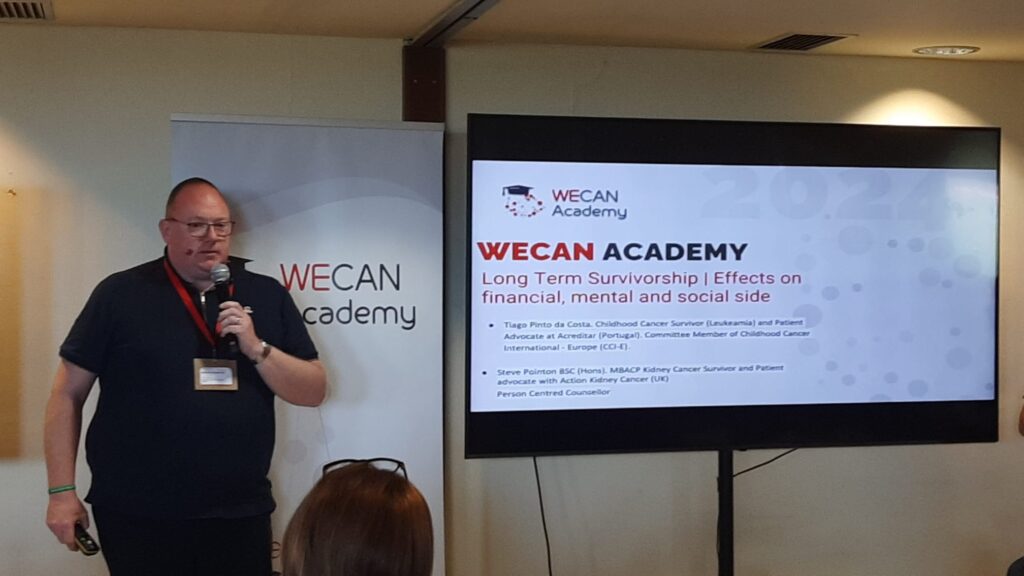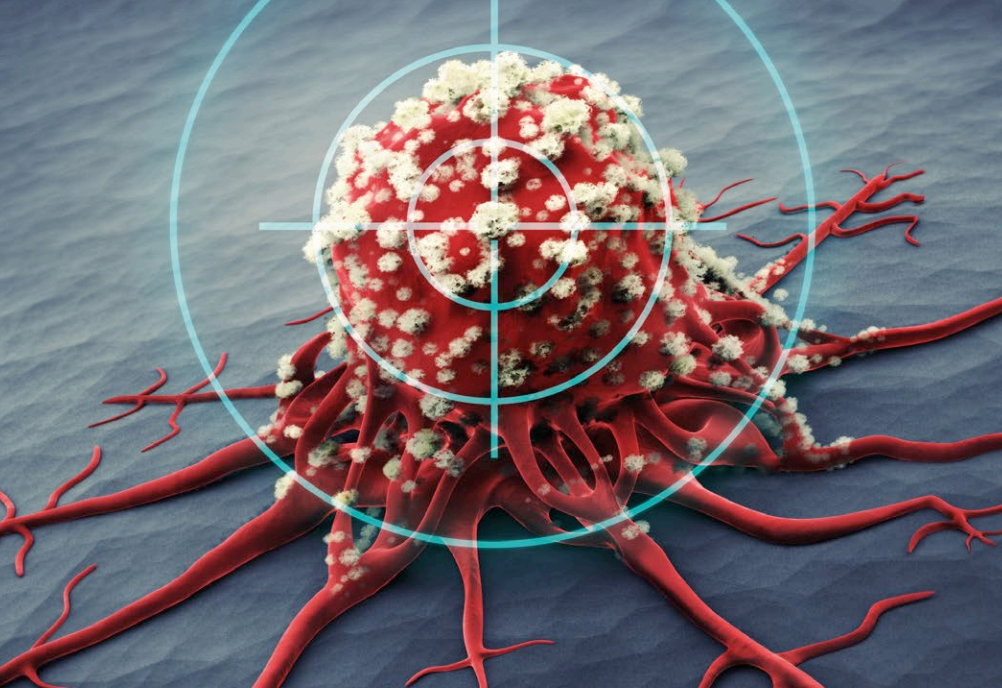Share this Page:
Immune checkpoint inhibitor combinations for the treatment of patients with metastatic renal cell carcinoma (RCC) have shown considerable promise. However, disease progression is inevitable for most patients. A recent review article published in Nature Reviews Clinical Oncology summarises the results of re-treatment with immune checkpoint inhibitors.
Two retrospective studies investigated the safety and efficacy of immune checkpoint inhibitor re-treatment for people with metastatic RCC.
In one study, 45 patients were re-treated with nivolumab plus ipilimumab after previous treatment with an immune checkpoint inhibitor or a combination of immune checkpoint inhibitor and VEGF receptor tyrosine kinase inhibitor. Twenty percent of patients had a partial response and 16% had stable disease. Median duration of response was 7 months, and the median progression-free survival was 4 months.
In the other study, 69 patients who had previously been treated with combination or single immune checkpoint inhibitor therapy were re-treated with immune checkpoint inhibitor therapy (either mono-therapy or combination). Overall response rate was 23%, and 41% of patients had stable disease. Overall response rate was 29% in patients who had previously responded to immune checkpoint inhibitor therapy and 38% in those who had stopped therapy due to toxicities.
In conclusion, these findings indicate that re-treatment with immune checkpoint inhibitors in patients with metastatic RCC is generally safe. However, the results in terms of response regardless of treatment type and sequence of treatments emphasises the need for predictive biomarkers.













